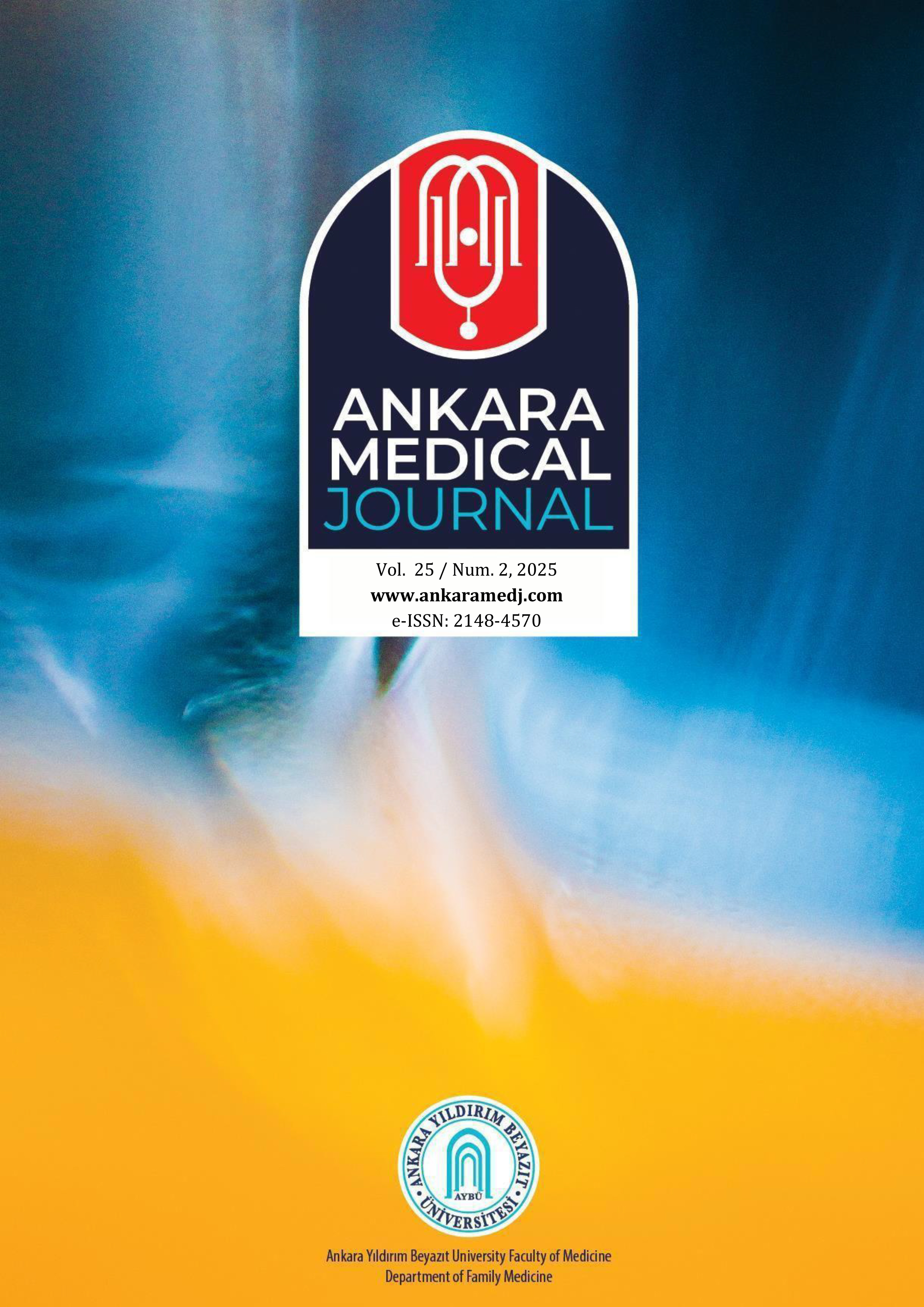Improving Female Students Physical Fitness Index May Reduce Cardiovascular Risk
Desy Nofita Sari1, Fathiyyatul Khaira2, Rahmani Welan2, Atika Indah Sari3, Desmawati Desmawati21Department of Physiology, Universitas Andalas, Padang, Indonesia2Department of Nutritional Science, Universitas Andalas, Padang, Indonesia
3Department of Clinical Pathology, Universitas Andalas, Padang, Indonesia
INTRODUCTION: Evidence suggests that lower cardiovascular disease risk is among the most important factors for decreasing premature mortality rates in non-communicable diseases. Physical fitness is a potentially important factor for cardiovascular disease prognostication. We aim to analyze the correlation between physical fitness and the risk of cardiovascular disease in female students.
METHODS: 76 participants completed all examinations. Cardiovascular disease risk factors were assessed by measuring body fat percentage, blood pressure, and lipid profiles. Physical fitness was measured using the modified Harvard step test to compute the physical fitness index., Spearman correlation was used to determine the correlation between variables in this study.
RESULTS: A negative correlation between physical fitness index with body mass index, fat percentage, systolic blood pressure, and diastolic blood pressure (r = -0.443; r = -0.409; r = -0.370; r=-0.280). We also found that the physical fitness index did not significantly correlate with the lipid profile.
DISCUSSION AND CONCLUSION: The physical fitness index might predict individual cardiovascular disease risk. Physicians should encourage patients to exercise regularly to maintain or improve their fitness levels to prevent cardiovascular disease.
Manuscript Language: English
(641 downloaded)





